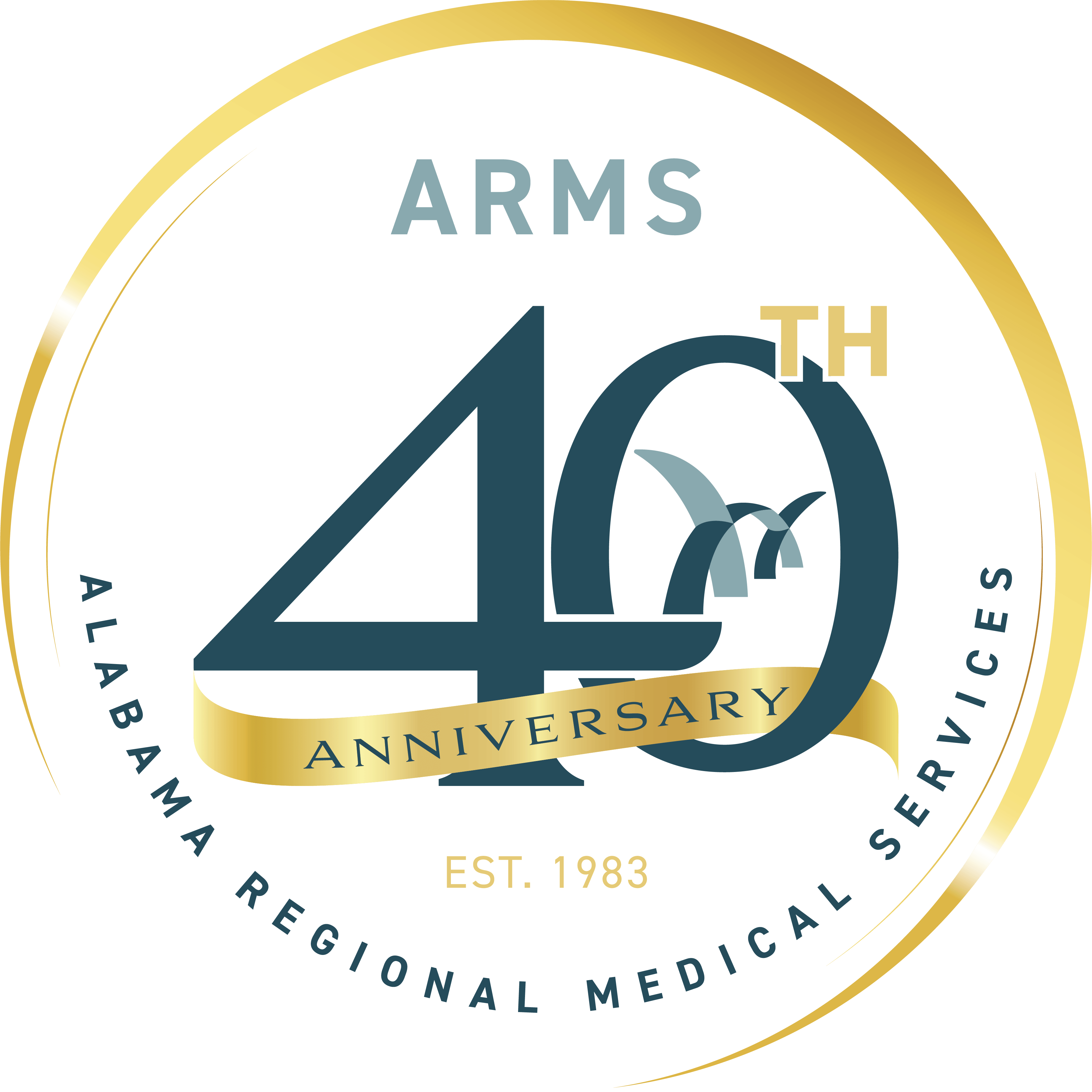BEHAVIORAL HEALTH AND HOMELESS SERVICES
“Loyal and dedicated to the homeless since 1986”
Metro is the “home” of services to our homeless population. Research shows that when the homeless have ready access to regular primary health care, they depend much less on emergency rooms and get the preventive and routine care they need. ARMS began providing services in 1985 as Birmingham Health Care for the Homeless Coalition, on the streets of Birmingham, out of a “state of the art” mobile health unit. Staff walked the parks, climbed under bridges, went into homeless campsites, soup kitchens, shelters, and other places where the homeless were known to congregate; starting at 6:00 a.m. and ending at 7:00 p.m., to provide services for this population. Medical care is the “carrot” in getting the homeless connected for the provision of other services they need to become self-sufficient. ARMS provides, in addition to medical care, case management, screenings for eligibility of various benefits, substance use treatment, mental health services, and housing.
Throughout the years, the desire to provide care for the homeless still exists as evident by our Mission Statement: To provide quality healthcare and related services to all communities, including under-served and homeless persons, regardless of language, culture, and financial barriers.
Substance Use and Behavioral Health services are also available via referral arrangements.
To ensure continuity of care and smooth patient flow between sites, all patients at ARMS are assigned a primary case manager who follows them throughout their course of treatment at ARMS and in the community. A comprehensive needs assessment is conducted and an individualized plan of care is established that addresses the comprehensive needs of the patient. Patients are screened for entitlement to public benefits (such as Medicaid, Medicare, SSI, SSDI, food stamps, etc.), assisted in completing required forms, in accessing ARMS’ transitional and permanent housing or other housing available in the community, and in arranging transportation. Any patient needs not met by ARMS providers are referred to other agencies and organizations for care and followed up by ARMS staff to determine outcomes and recommendations for continued care.

